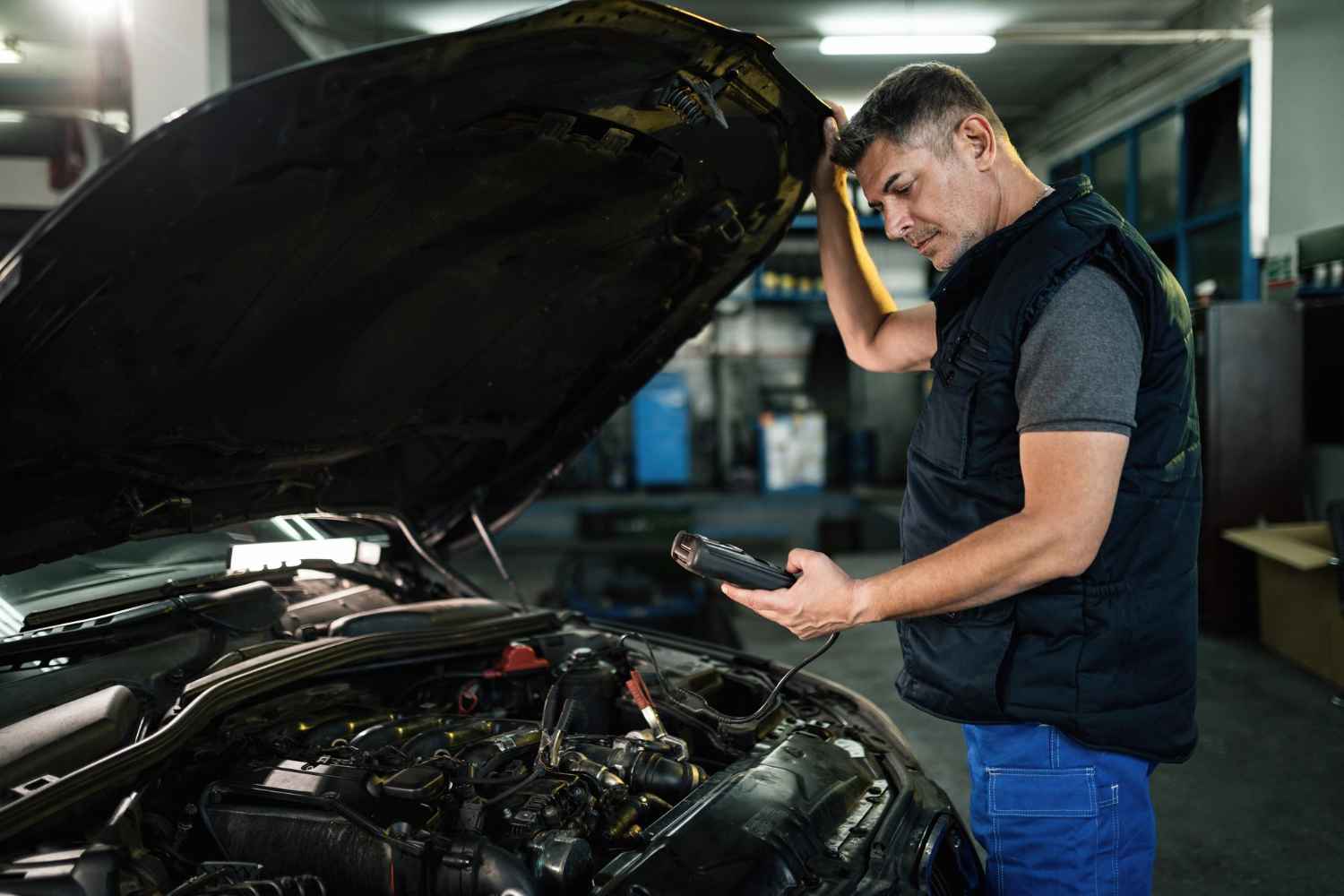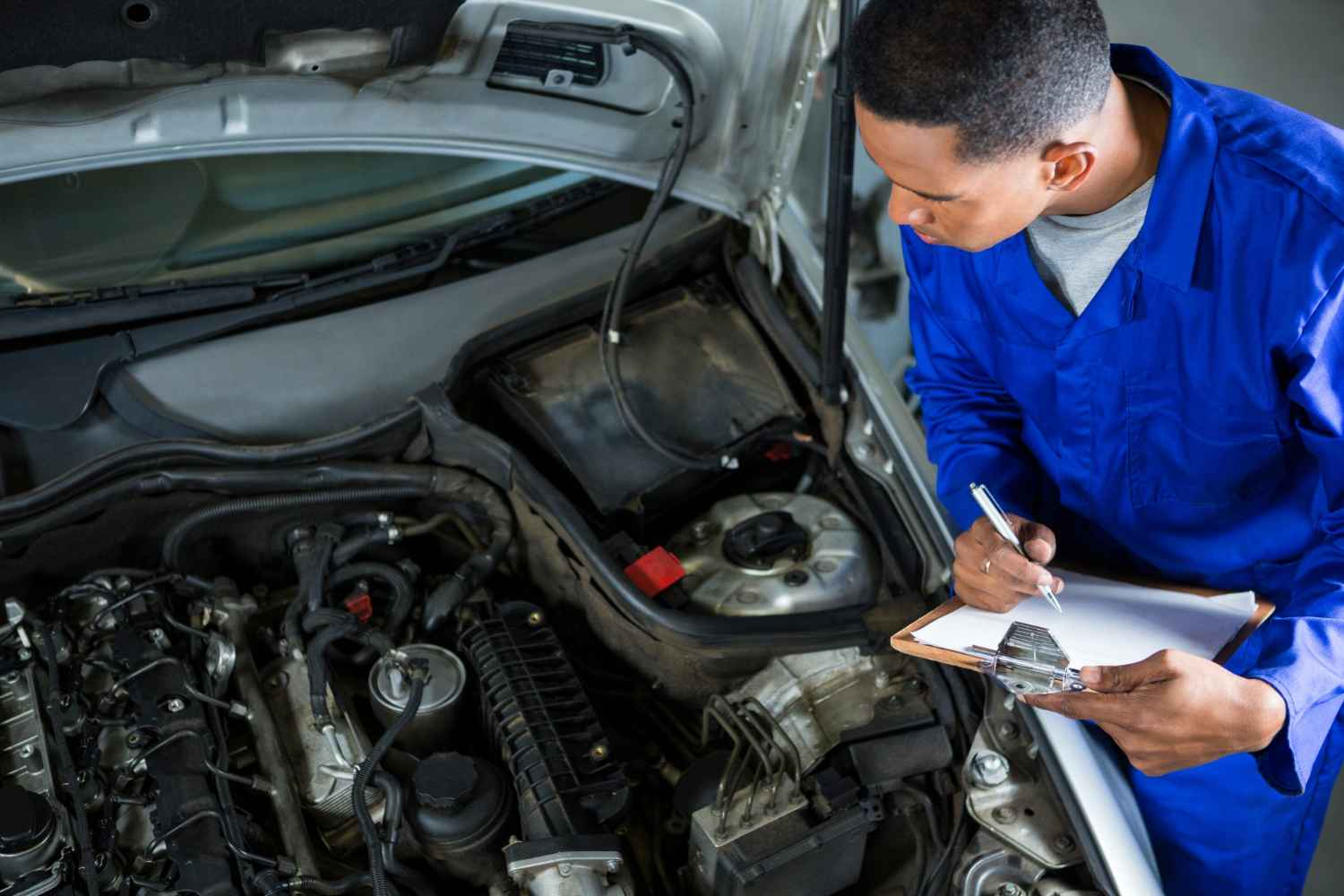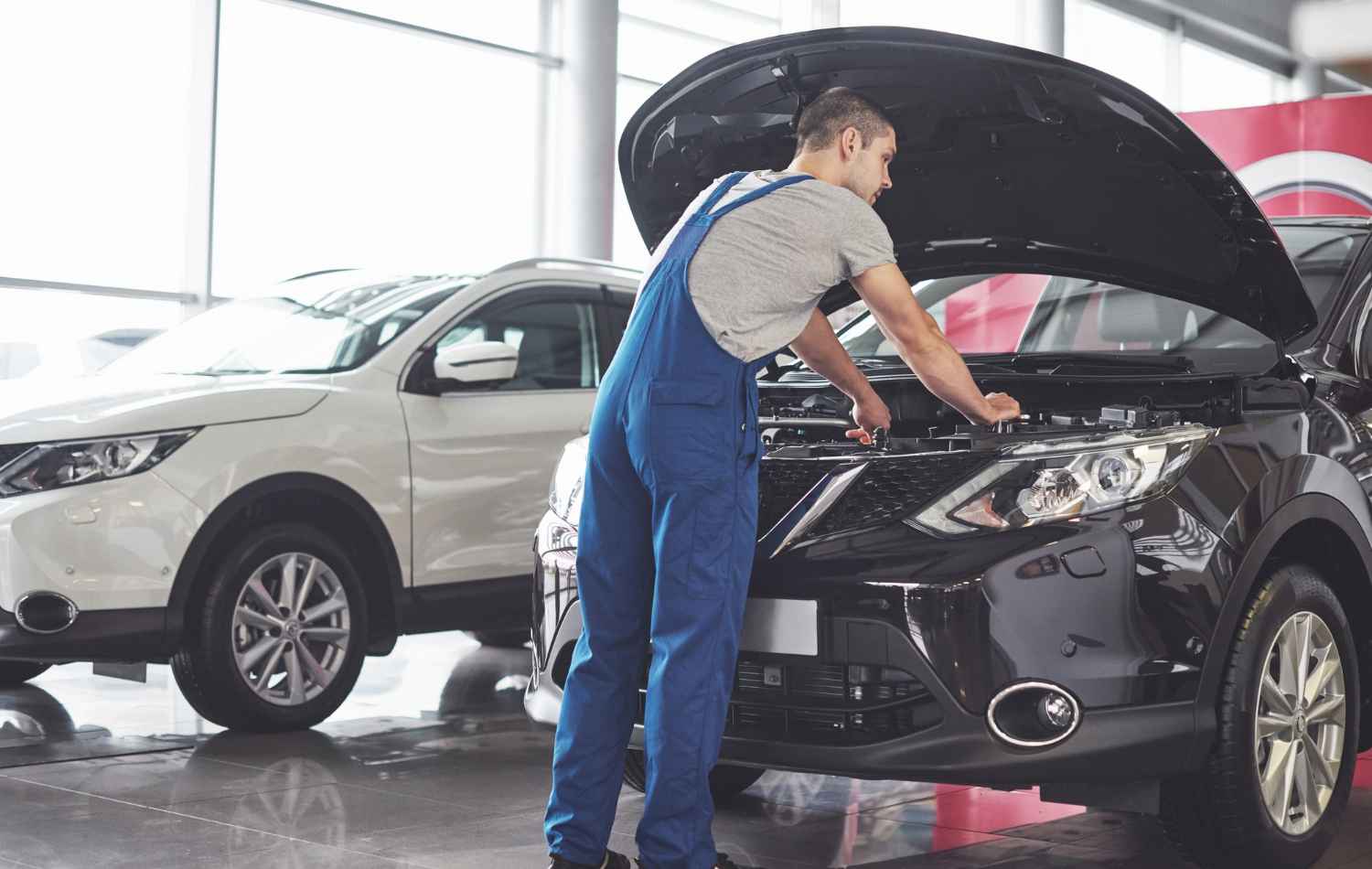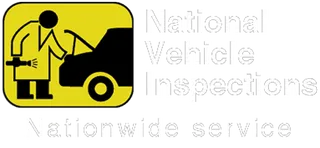Horsebox Inspection | Comprehensive Guide
- March 10, 2024
- Blog

Whether you love travelling with your horse or use it for commercial purposes, a horsebox is essential. A horsebox is a moving home for your horse that ensures safe travel with your equine.
Purchasing and maintaining a horsebox is an arduous task. However, horsebox inspections can make the process easier for you. If you are someone interested in horses or thinking of owning a horsebox or have it already, then read this blog to understand the core idea of horsebox inspection, its importance, and how it is done!
What is Horsebox Inspection?
A horsebox inspection simply means a meticulous examination of the horsebox to ensure that the box is appropriate, safe and suitable for your horse to travel. Read further to understand its details.
Why is Horsebox Inspection Essential?
Horsebox is not used regularly unless you use them for commercial purposes. So, it remains idle on most of the days, which can cause issues in it’s smooth functioning. It is essential to get your horsebox inspected regularly or before setting out on a road trip. Here are a few reasons to understand the importance of regular horsebox inspection:
- Informed Purchase: A pre-purchase horsebox inspection gives you an in-depth analysis of the vehicle’s conditions, identifies any hidden issues and gives an estimated cost value. With this, you can negotiate the price and find the best vehicle.
- Safety: Horsebox inspection ensures the vehicle is ready to set on a journey with the animal onboard and complies with all the safety regulations.
- Comfort: Traveling should be comfortable for you and your horse. A horsebox inspection ensures that the environment is comfortable for your travel buddy.
- Legal Compliance: Legally, there are specific requirements that your horsebox should meet. A horsebox inspection ensures your vehicle complies with all the set criteria and is safe for your equine companion.
- Prevent Breakdowns: The horsebox inspection can prevent unseen situations or sudden breakdowns on the road.
- Saves Time and Money: Regular inspections lead to timely detection of any serious repairs, issues or maintenance that can save you from significant losses.
- Peace of Mind: Regular inspections give you confidence and peace of mind to start your journey without worrying about any potential threats or risks.

When Do You Need a Horsebox Inspection?
A horsebox inspection should be done to ensure the longevity of your horsebox and regular maintenance. You can inspect it:
- Before purchasing the vehicle to make an informed decision
- To check the legal compliance of your horsebox
- Before leaving for a trip
- After coming back from your trip
- For seasonal maintenance
What does Horsebox Inspection Include?
As mentioned above, horsebox inspection is done on various occasions. If you are purchasing your horsebox or simply leaving for a road trip, then you must either get it checked by professionals like National Vehicle Inspections or do it yourself.
Here are the details to understand what it actually includes:
Pre-Purchase Inspections/ Professional Inspection by Experts
There are two basic types of horsebox bodies, i.e., Coachbuilt and Conversion. In the case of coach-built horseboxes, the bodies are customised and built-in with the chassis of the vehicle, which is more substantial and expensive.
On the other hand, the conversion horsebox is converting a commercial lorry to use as a horsebox, which is then attached to the vehicle. They are the cheaper option and include facilities like partitions, windows and doors etc.
This way, the horsebox inspection includes two different sections. One section includes the inspection of the horse area, and the other is the drivability inspection. It covers the following aspects:
For Horse Area:
- Test the floor integrity.
- Check the bulges around the sides of the horse box.
- Check for rust, dampness or water damage on the flooring.
- Check suspension when the box is leaning to one side.
- Inspect the drainage holes to ensure a dry floor.
- Thoroughly check the ramp, spring and hinges.
- Check the exposed wires, ventilation, and other sockets.
- Detect any sign of moisture around the roof or windows.

For Vehicle:
- Tyre inspections
- Brakes
- Suspension
- Engine check
- Fuel leakage
- Interior and exterior body assessment
- Indicators, warning lights, horns
- Legal tread level
- Test Drive
Before Setting on the Road
Before setting on the road, you must ensure the inspection of the following things:
- Check the tyre pressure.
- Keep a spare tyre in the case of an emergency.
- Check if there are any oil leaks from the engine.
- Check if the parking, brake lights and turn signals are working.
- Ensure the coupler is bounded by the ball and is closed.
- Ensure the horse area is safe and comfortable.
- Check the rattles, loose capping, or sharp edges in the horse area.
- See if you have everything in the first aid box.
- Ensure all the doors and ramps are correctly closed.
- Check the lights and ventilation inside the horsebox.
- Ensure the ramp and the floor of the horse area are not damp.
- Clean out the water system.
If you are considering investing in a horse box or any other vehicle, then connect with National Vehicle Inspections for a thorough inspection of your vehicle. From checking clutches, interior and exterior body, engine, and wheels to final drive operation, we do it all to help you invest your money wisely! So, contact us right away.

